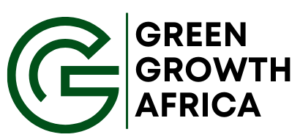Africa is severely faced with the stiffening effects of the triple planetary crises of climate change, biodiversity loss and pollution needing urgent conservation and climate action. Environmental conservation and climate action are at the heart of Green Growth Africa’s work. GGA mobilizes the resources and people needed to achieve environmental conservation and climate action, prioritizing sustainable resource management, renewable energy adoption, and carbon reduction initiatives. The organization also implements community-based adaptation projects, women and youth empowerment, and research and policy advocacy aimed at championing this thematic focus
Circular Economy
Green Growth Africa(GGA) champions the transition to a circular economy...
